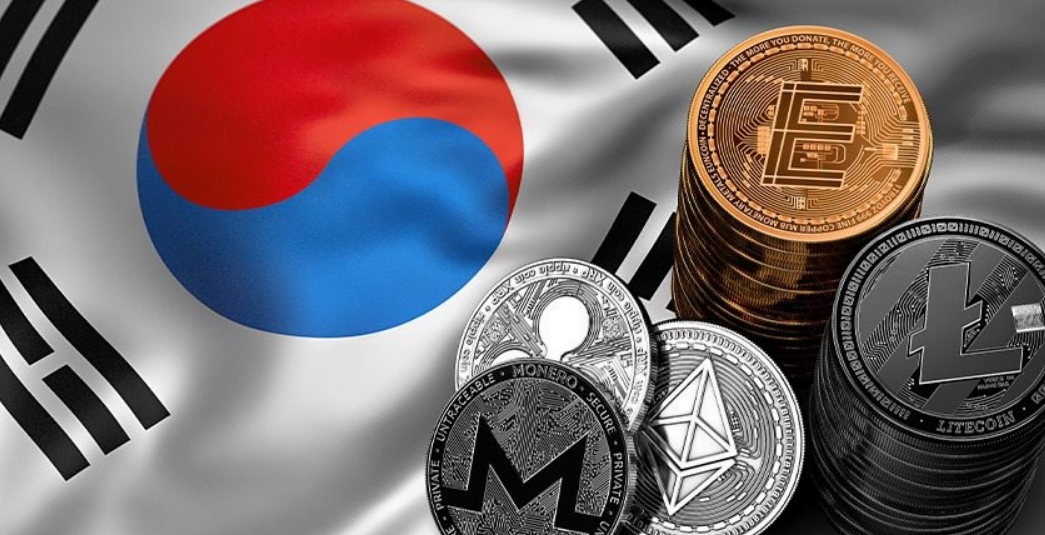Crypto currencies’ inclusion in future election promises is not far off, a topic we’ve been discussing for three years. Regulations have not yet matured on a global scale, but the number of investors is increasing. Politicians seeking votes from those with substantial crypto investments need to take action. This has been observed for a while, especially in Asian countries.
Cryptocurrencies in Election Promises
In elections, often thousands of votes and 1% differences are significant. It’s not surprising that politicians are now facing voters with promises in the field of cryptocurrency, as the number of crypto investors globally has reached hundreds of millions. Indeed, we saw this extensively during the candidate primary process for the US elections.

Trump has set aside his former anti-crypto rhetoric and made statements like “I can get used to living with crypto.” It is likely that he will use clearer statements on this topic by November and may heavily criticize the SEC for its slow actions.
South Korean Elections
Today’s agenda includes the South Korean elections. The opposition Democratic Party is asking for votes from South Korean investors with a promise to lift restrictions on local and international exchange-traded funds, including Spot Bitcoin ETFs started in the United States.
After the approval of ETFs, South Korea’s securities regulator issued warnings on this matter. While discussing the untapped potential of Spot Bitcoin ETFs, we are referring to this very point. Even within the US, many investment firms and brokers have not yet started offering spot Bitcoin ETFs to their clients. Examples like South Korea show us the potential of global institutional, accredited, and individual investors.
Hwanseok Choi from the Democratic Party emphasized in his statements to Bloomberg that they would allow “domestic or foreign ETFs.” President Yoon Suk Yeol’s People Power Party is also active. They are also facing voters with a promise to postpone the crypto tax, which was planned to be implemented in 2025.
According to government data, there are 6 million crypto investors in South Korea. And these are just the numbers of those trading on registered exchanges. The most optimistic estimates say that 7% of voters have crypto investments. While the government is preparing for stricter crypto regulations, the opposition party with a crypto-friendly approach may march to power.
In the 2022 elections, the current president received 48.6% of the vote. Winning the presidency with just a 0.8% lead over his rival underscores the interest in crypto voters and their significance.










